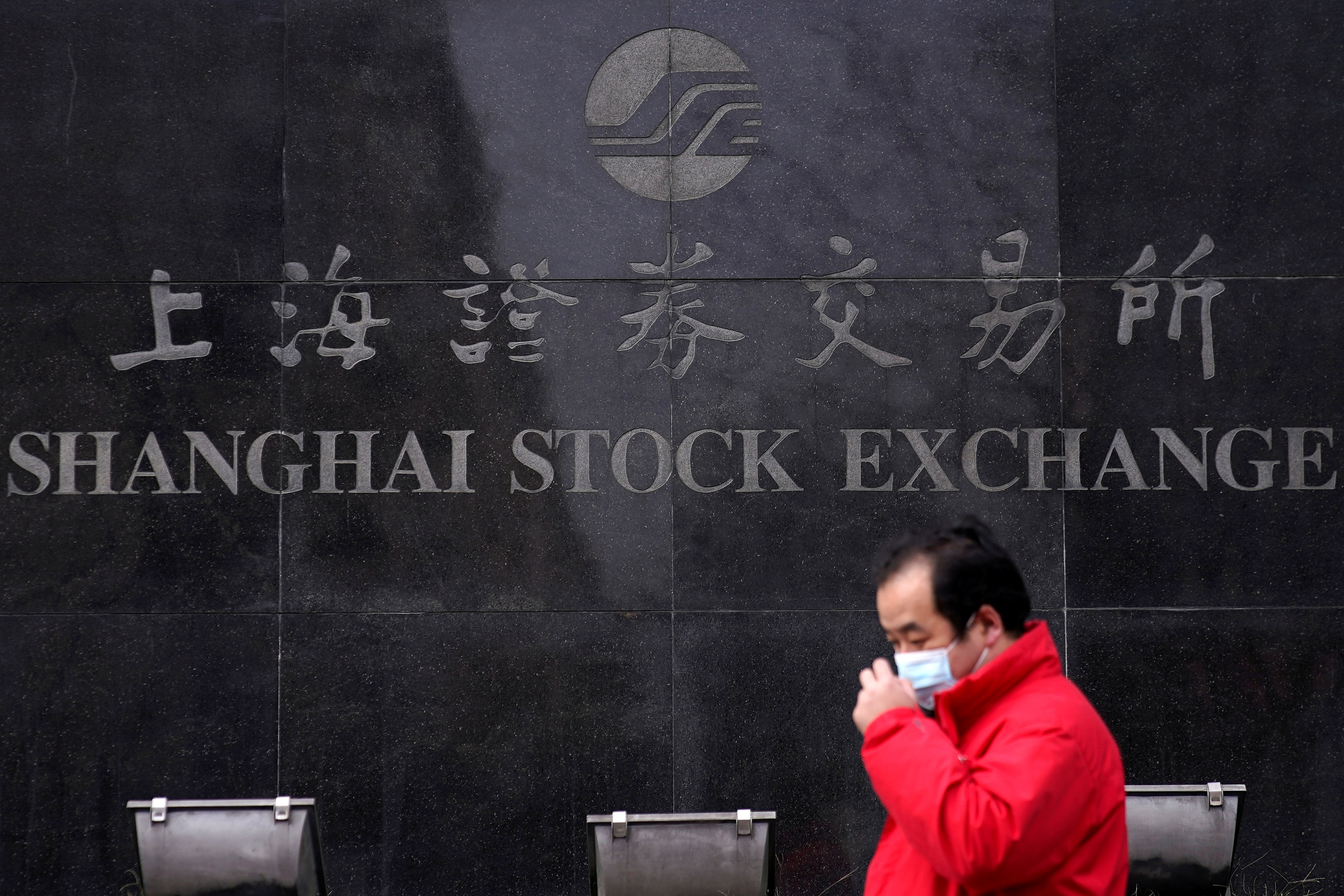(Reuters) - China is launching a campaign to revive a lagging stock market, and boost investor confidence in an ailing economy. A slew of measures announced over the weekend include slashing stamp duty, slowing the pace of initial public offerings (IPOs) and encouraging margin financing. China's blue chip CSI300 Index opened up more than 5% on Monday, but surrendered most of the gains to close just 1% up. Here are what the authorities have done, and what more to expect.
TRANSACTION COSTS:
Starting on Monday, the stamp duty on stock trading was halved, the finance ministry announced. Transaction handling fees submitted by brokers to the exchanges were also reduced, according to China Securities Regulatory Commission (CSRC).
Chinese stock exchanges will also lower margin requirements to encourage financing by investors. The measure will be effective on September 8th.
And, following CSRC guidance, a growing number of mutual fund companies are cutting management fees.
CAPITAL RAISING AND REFINANCING:
The CSRC said on Sunday that China would slow the pace of initial public offerings (IPOs) to promote a dynamic balance between capital raising and investing activities.
The CSRC will also tighten restrictions on refinancing activities by listed firms, targeting loss-making and underperforming companies.
PROTECTING SMALL INVESTORS:
The CSRC tightened rules on large shareholders' selling shares when the traded price is lower than its IPO price or net asset value per share, or when the company has not declared enough cash dividends in the past three years.
Disappointing some market players, the CSRC kept in place a bar on traders buying and selling shares on the same day, arguing that it could drive speculation and harm small investors.
Currently, investors in China can only sell stocks on the second day after their purchase.
MORE TO COME:
China's securities regulator approved the launch of 37 retail funds over the weekend, signalling faster registration for index funds and boosting the development of equity funds. Market participants expect the emergence of more innovative index products.
The regulator is working on optimizing rules covering share repurchases, including relaxing requirements when share prices tumble. Company share repurchases are considered a good sign by investors, as it implies the stock is undervalued.
The regulator pledged support to key break-through technology companies and is evaluating more options to meet those companies' financing needs.

The CSRC is planning to involve more long-term investors such as pension funds in investing in China's capital market.
The regulator is also studying the possibility of extending trading hours.